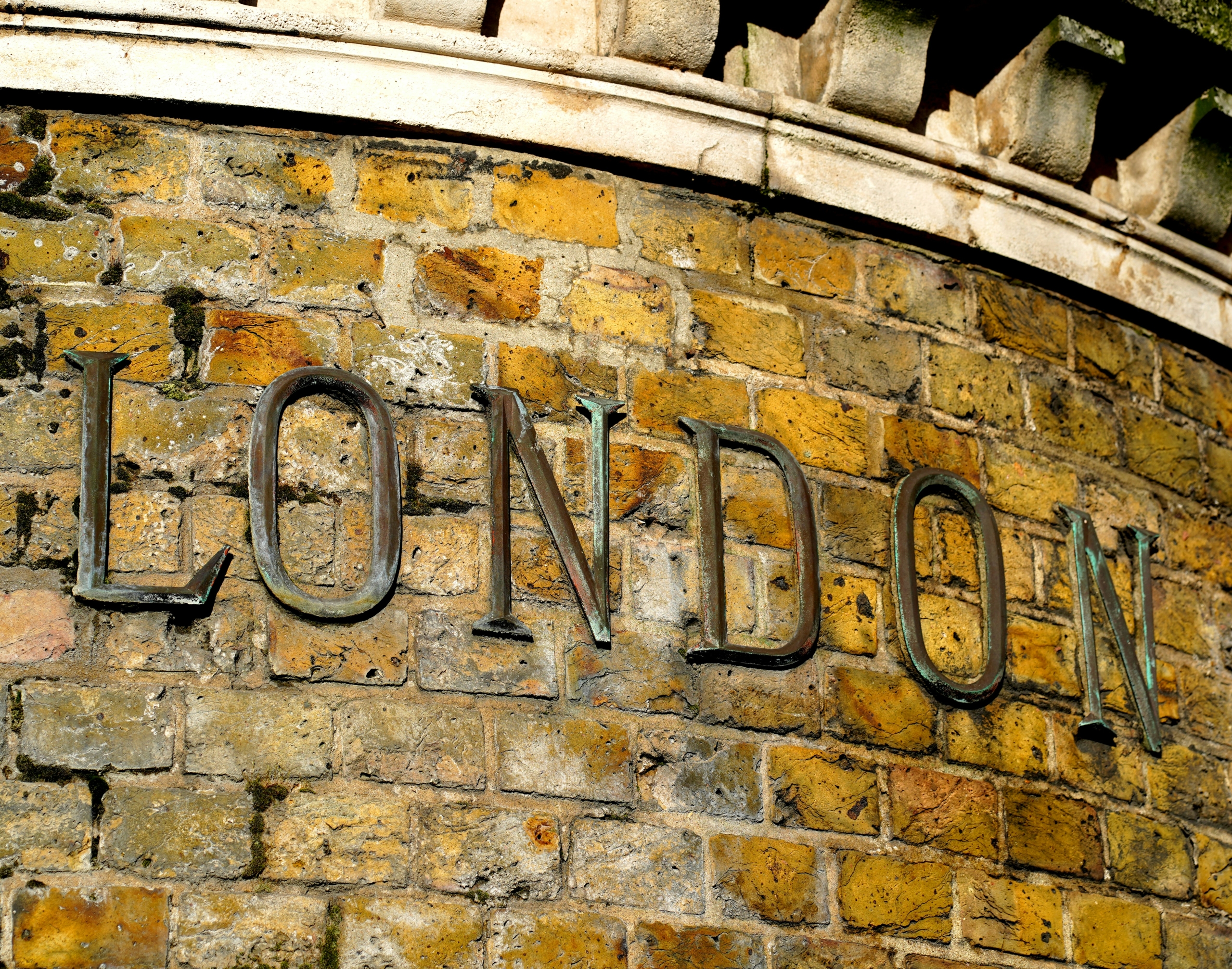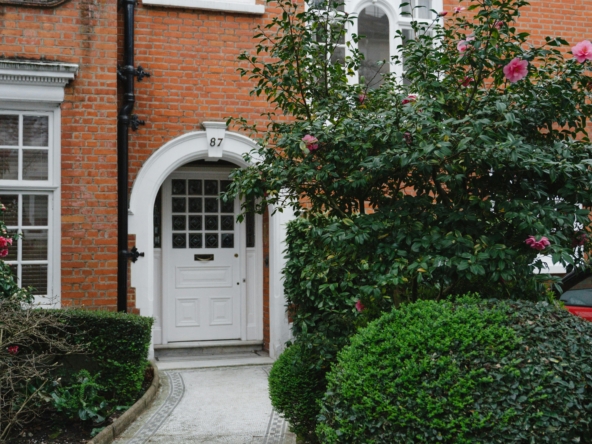London is one of the most dynamic and exciting cities in the world, drawing people from every corner of the globe. It is a melting pot of culture and people from all walks of life. From bustling city life and culture-rich attractions and business amenities, the city has much to offer. If you’re planning to move to London and rent a property, it’s important to be well-prepared and informed. In this guide, we will walk you through everything you need to know before signing a lease in the UK capital.
1. Understanding the London Rental Market
A Diverse and Competitive Environment
- High Demand: London’s rental market is fast-paced and highly competitive. Properties in popular neighbourhoods can get snapped up quickly, so it’s wise to be prepared with your paperwork and finances beforehand.
- Variety of Options: One of the best parts about living in London is that it caters to a wide sect of people. From modern high-rise apartments in bustling areas like Canary Wharf to charming houses in quieter suburbs, London offers a range of properties to suit different tastes and budgets.
Key Considerations
- Rental Prices: Prices vary significantly depending on the area. Central locations like Kensington and Chelsea generally command higher rents, while neighbourhoods a bit further out can offer more affordable options.
- Market Trends: Stay updated on the latest market trends by following local real estate news or consulting with a reputable letting agent.
2. Choosing the Right Neighborhood
Factors to Consider
- Lifestyle & Amenities: Do you prefer the vibrant city life with endless dining and entertainment options or a quieter, family-friendly environment with parks and community spaces? Research neighbourhoods that align with your lifestyle and zero in on a few before you starting house hunting.
- Transport Links: London’s public transport system is extensive, but some areas offer better connectivity than others. Consider your daily commute and proximity to the tube, bus, or train stations.
- Budget: Your rent will likely be the biggest monthly expense, so balance your desired lifestyle with your budget. Explore neighbourhoods that offer a good mix of affordability and quality of life.
3. Understanding the Costs

Beyond Rent
- Security Deposit: Typically, landlords require a deposit equivalent to 4-6 weeks’ rent. This deposit is held in a government-backed tenancy deposit scheme.
- Agency Fees: While recent regulations have reduced upfront costs, you may still encounter administrative fees or renewal charges from letting agents.
- Utilities and Bills: Before signing a lease, clarify what kind of utilities (electricity, water, gas, council tax, internet) are included in your rent and what you will need to cover separately.
Budgeting Tips
- Initial Costs: Prepare for the first month’s rent, deposit, and any moving fees. Creating a detailed budget will help ensure you’re financially ready for your move.
- Ongoing Expenses: Keep in mind that living in London might also mean higher costs for transportation, dining, and leisure activities compared to other cities.
4. Navigating Tenancy Agreements
What to Look For
- Contract Length: Most leases in London are for 6 or 12 months, but short-term options are available. Consider your long-term plans before committing.
- Break Clauses: Understand your rights regarding early termination of the lease. Some contracts offer break clauses that allow you to exit under specific conditions.
- Responsibilities: Clarify who is responsible for maintenance and repairs. Read the contract carefully to avoid surprises later on.
Legal Rights and Protections
- Tenant Rights: Familiarize yourself with the UK’s tenant laws and your rights, such as deposit protection, eviction procedures, and dispute resolution.
- Inventory Check: Before moving in, conduct a thorough inventory check with your landlord or agent. Document the condition of the property to avoid disputes when you move out.
5. Tips for a Smooth Renting Process
Preparation is Key
- Have Your Documents Ready: Typical requirements include proof of income, references, and identification. Having these documents organized in advance can speed up the process.
- Be Ready to Act: In a competitive market, being quick is crucial. Respond promptly to viewings and offers to increase your chances of securing a property.
- Use Reputable Agents: Working with experienced letting agents can simplify your search and provide valuable local insights. Check online reviews and seek recommendations before choosing an agent.
Final Thoughts
Moving to London and renting a property can be an exciting but also a challenging experience. By understanding the market, choosing the right neighbourhood, budgeting appropriately, and knowing your legal rights, you’ll be able to seamlessly find the right property without much hassle.
Remember, every situation is unique. Take the time to research to ensure a smooth transition into London life. Whether you’re moving for work, study, or adventure, London offers an unparalleled living experience waiting to be explored.



